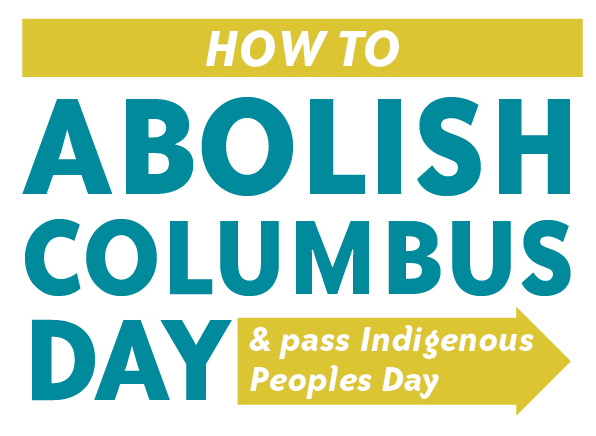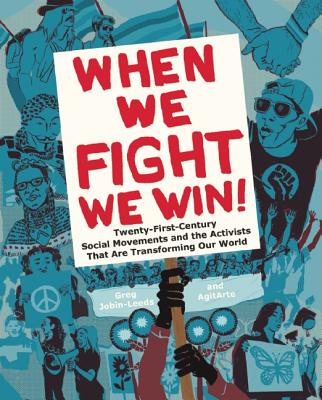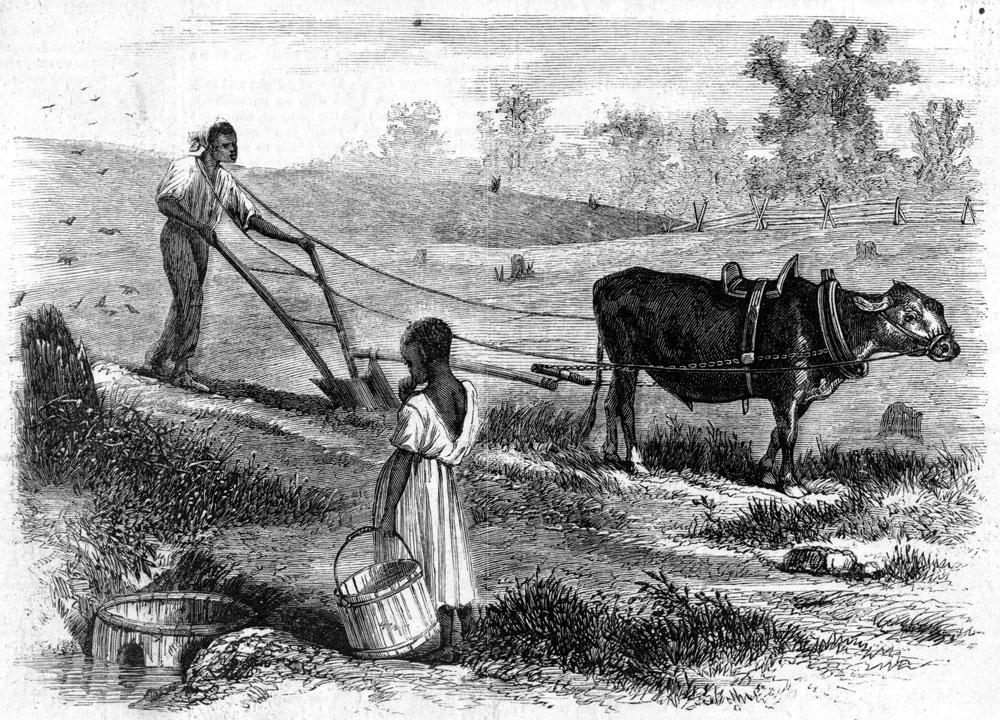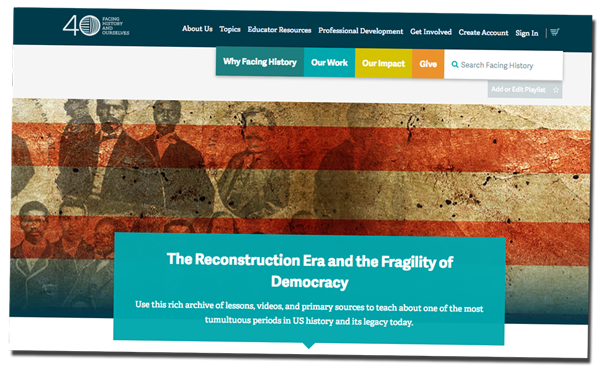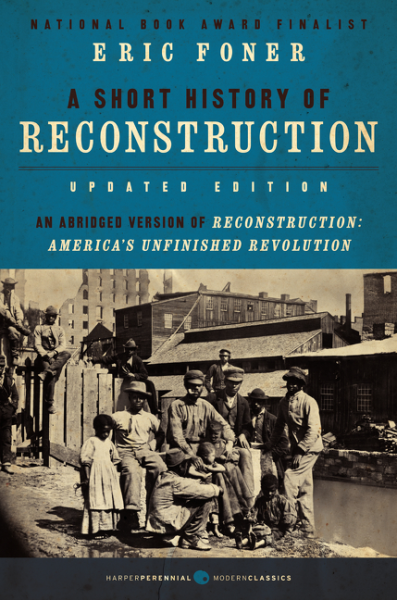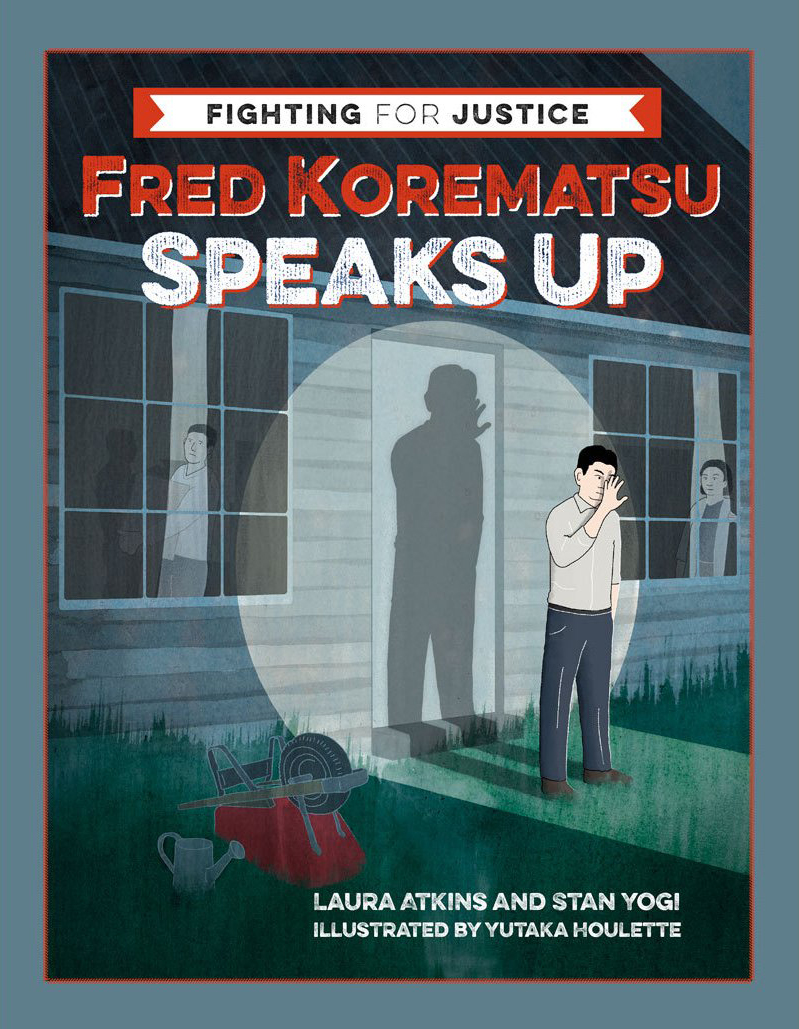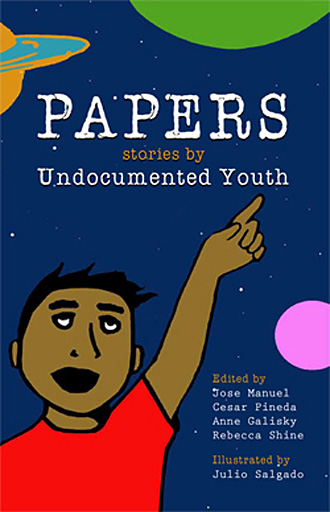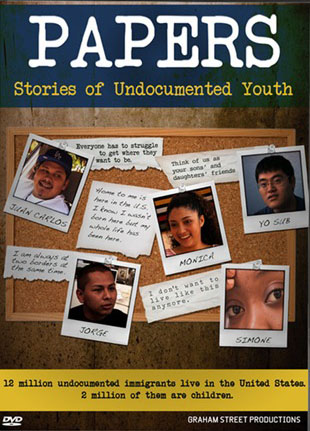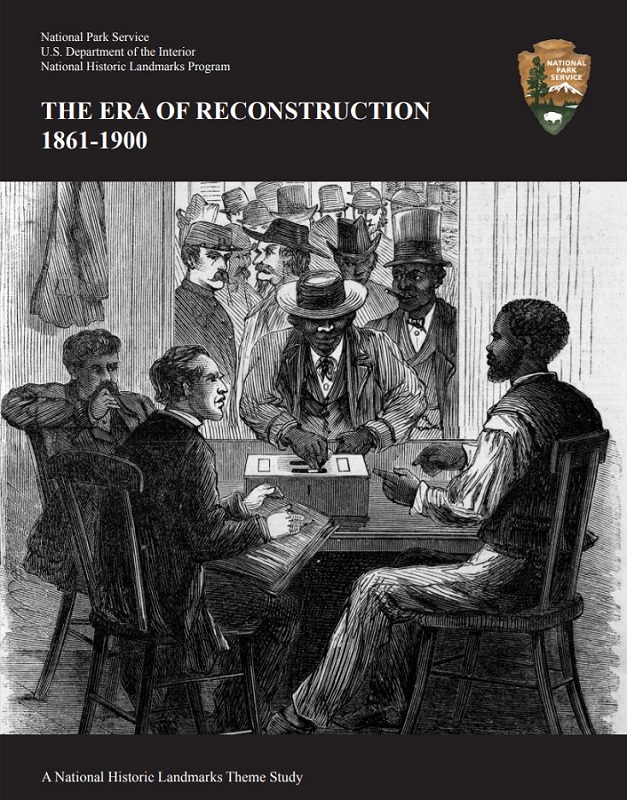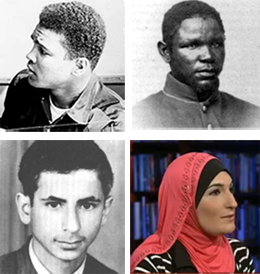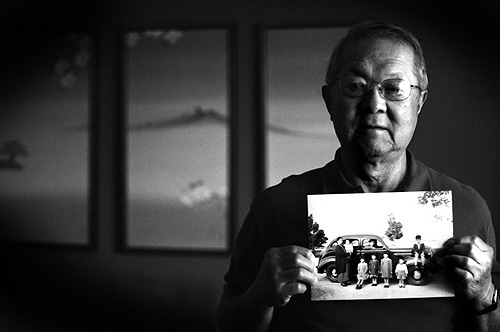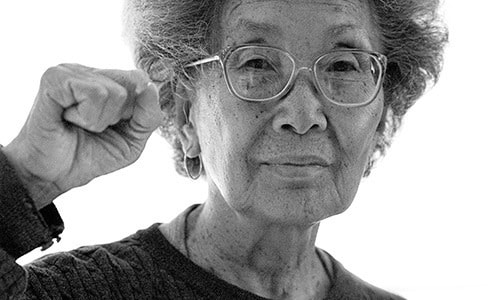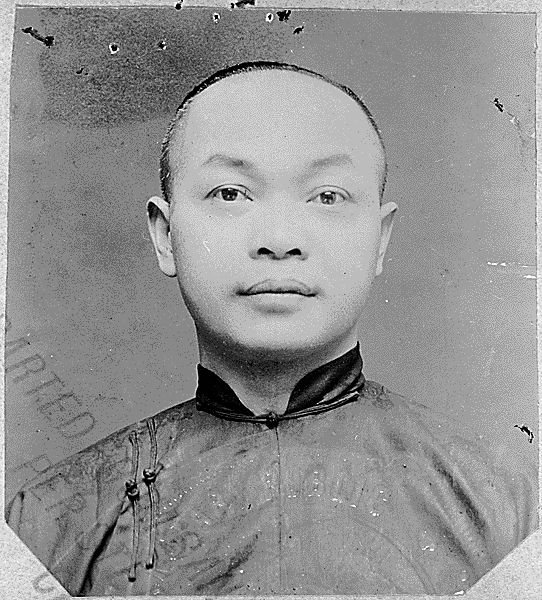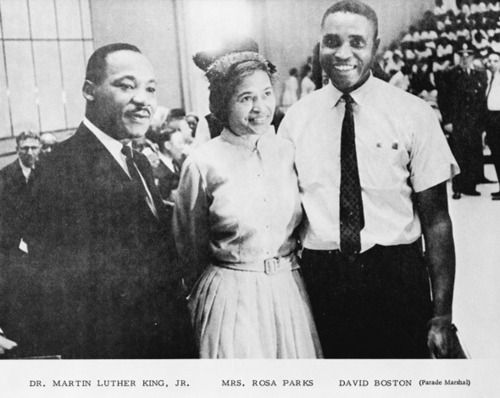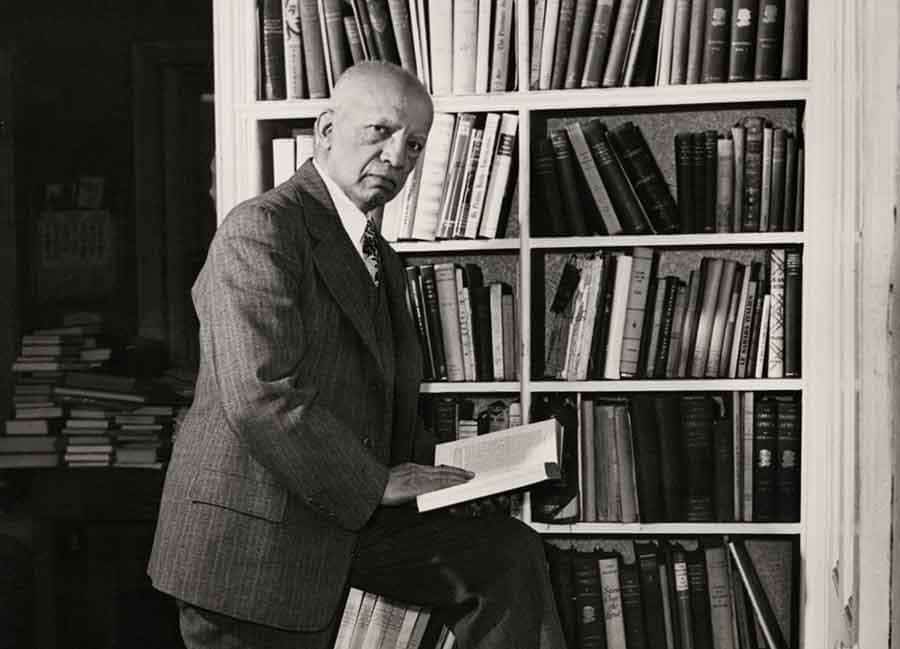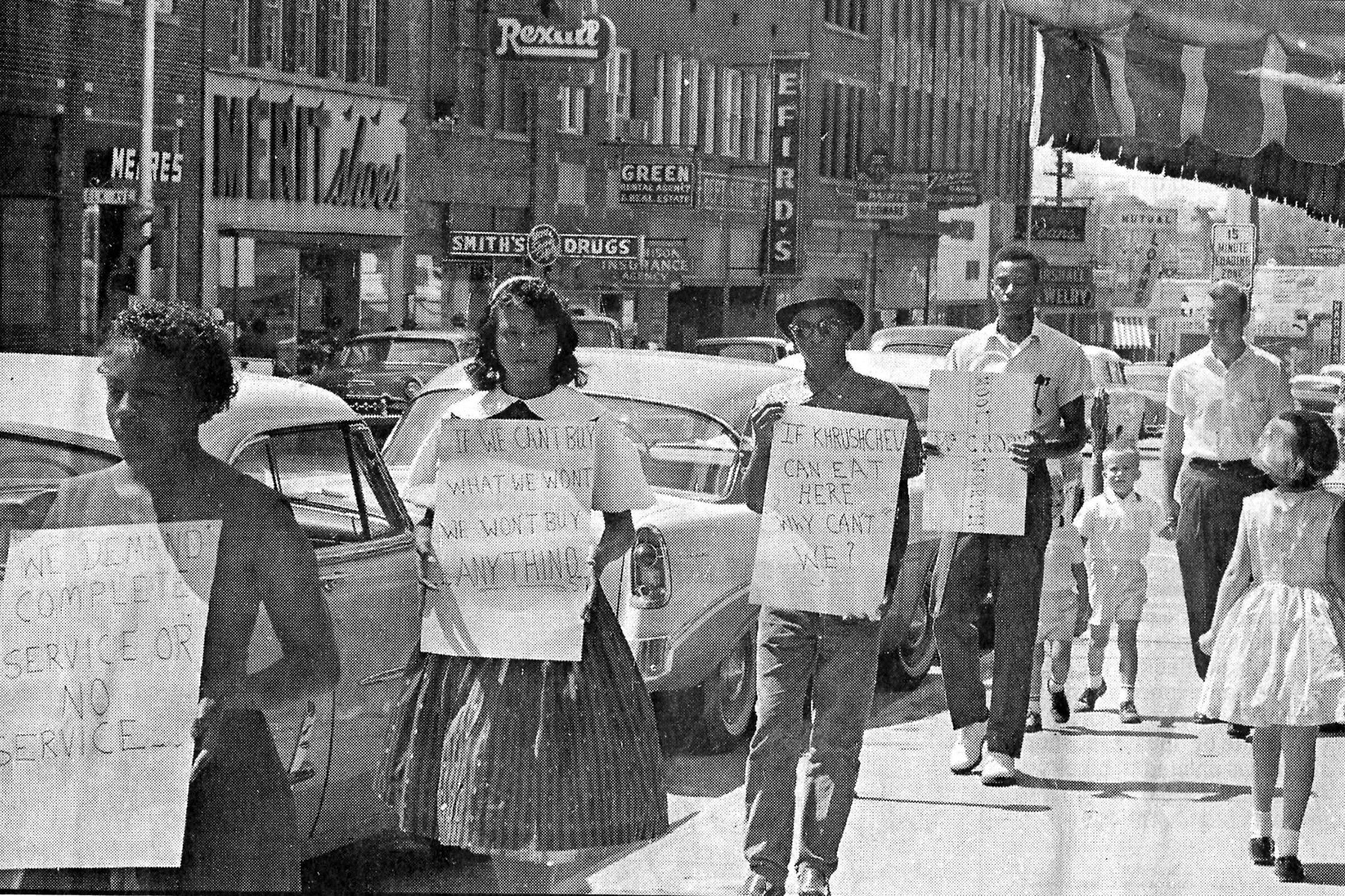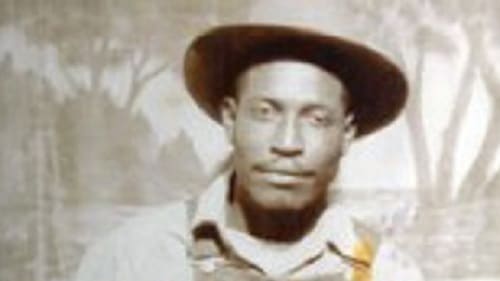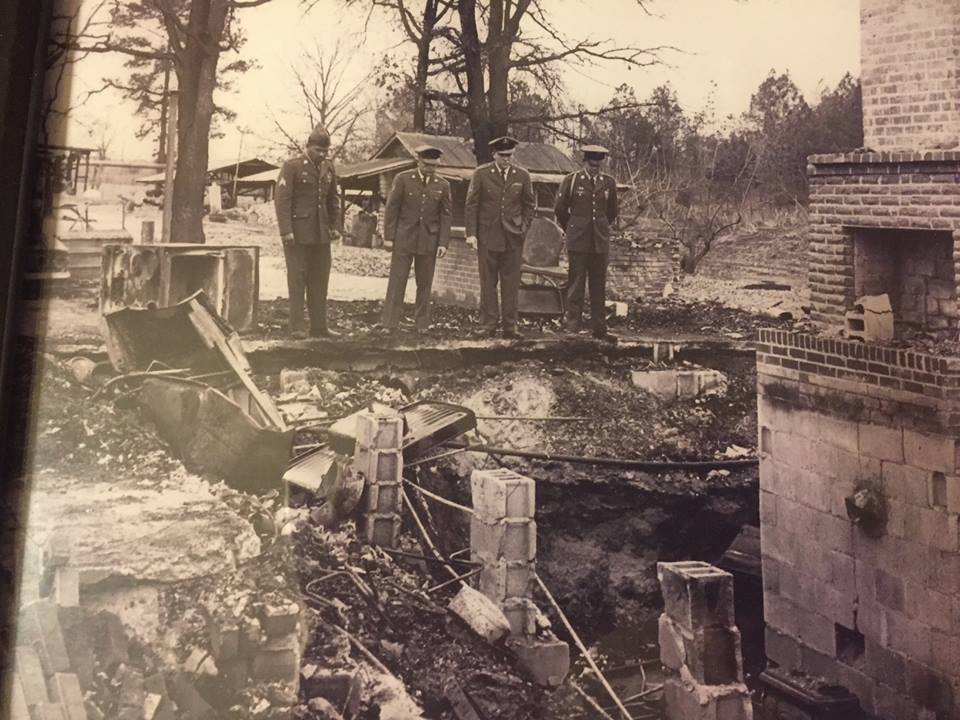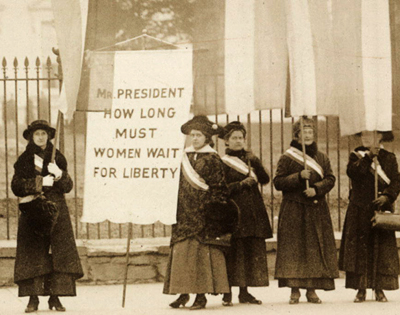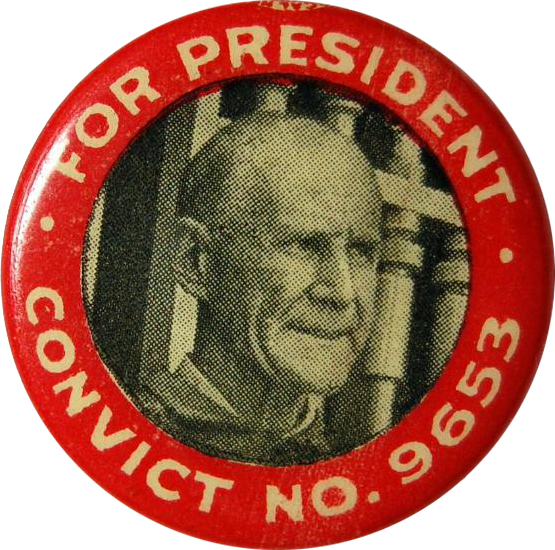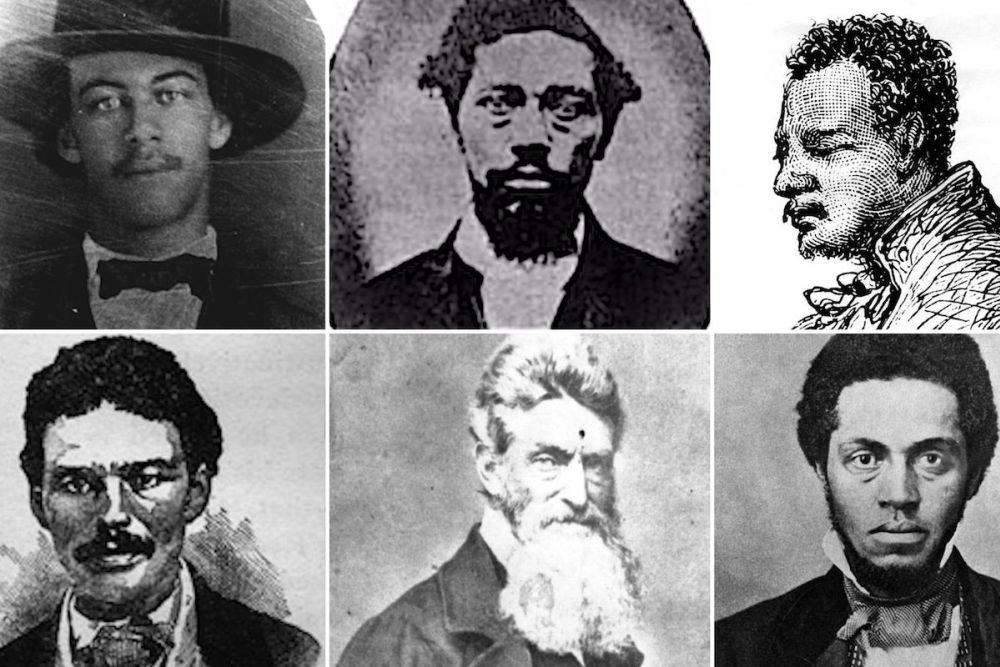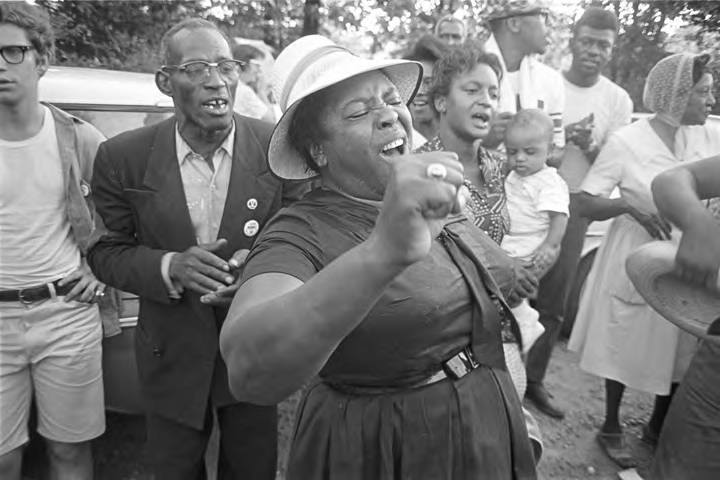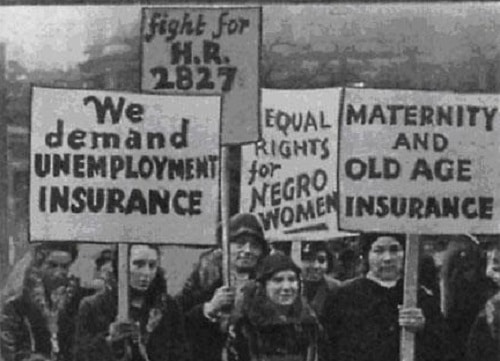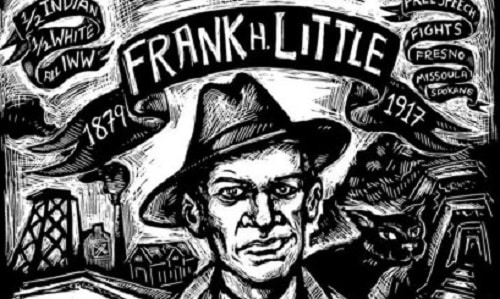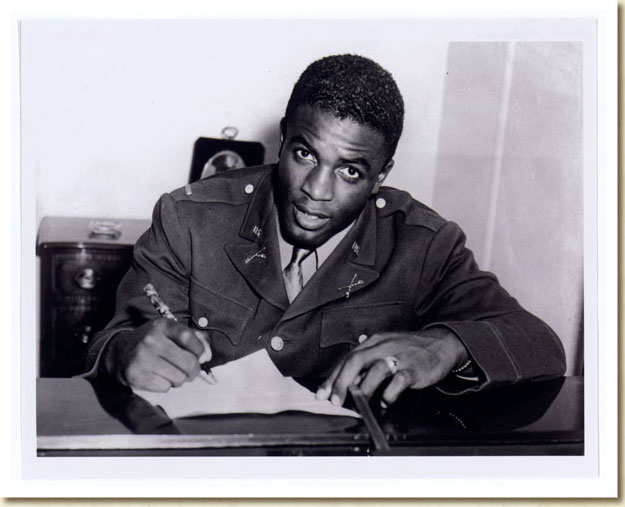Article. By Mahtowin Munro.
Campaign guidelines from the organizer of a successful effort to abolish Columbus Day and establish Indigenous Peoples' Day in Cambridge, Mass.
Continue reading
Book — Non-fiction. By Greg Jobin Leeds, Dey Hernandez Vazquez, and AgitArte. 2016. 208 pages.
A visually rich and inspiring book of 21st century leaders and activists distill their wisdom, sharing lessons of what makes and what hinders transformative social change.
Continue reading
Lesson. By Bill Bigelow. 17 pages.
This role play engages students in thinking about what freedpeople needed in order to achieve — and sustain — real freedom following the Civil War. It's followed by a chapter from the book Freedom's Unfinished Revolution.
Continue reading
Teaching Guide. By Facing History and Ourselves. 2015.
A collection of lessons, videos, and primary sources to teach about Reconstruction.
Continue reading
Book — Non-fiction. By Eric Foner. 2015. 352 pages.
A people's history view of the Reconstruction era.
Continue reading
Book — Non-fiction. By Laura Atkins and Stan Yogi. Illustrated by Yutaka Houlette. 2017. 112 pages.
Story of Fred Koretmatsu, jailed for resisting internment by the U.S. government during WWII. He took his case to the U.S. Supreme Court twice.
Continue reading
Book — Non-fiction. Edited by José Manuel, Cesar Pineda, Anne Galisky, and Rebecca Shine. Illustrated by Julio Salgado. 2012. 84 pages.
Undocumented youth from around the world tell their stories with simplicity and intimacy in this student-friendly collection.
Continue reading
Film. Graham Street Productions. 2009. 110 minutes.
The story of undocumented youth and the challenges they face as they turn 18 without legal status.
Continue reading
Book — Non-fiction. By National Park Service. 2017. 165 pages.
A theme study on the history of the Reconstruction era.
Continue reading
Political activist Yuri Kochiyama was born in San Pedro, California.
Continue reading
The U.S. Supreme Court issued its landmark decision in United States v. Wong Kim Ark.
Continue reading
Dr. Martin Luther King Jr. gave the speech titled “The Other America” focusing on economic inequalities and white complicity in the North.
Continue reading
Carter G. Woodson initiated the first celebration of Negro History Week which led to Black History Month.
Continue reading
The Student Nonviolent Coordinating Committee (SNCC) sent four volunteers to Rock Hill, South Carolina to sit-in.
Continue reading
Louis Allen, a WWII veteran who witnessed and was willing to testify about the murder of a voting rights worker in Mississippi, was murdered.
Continue reading
Vernon Dahmer was killed when the Ku Klux Klan fired bombed his home. This was one day after Dahmer offered to pay the election poll tax for anyone who could not afford it.
Continue reading
Twenty women were subjected to beatings and torture at Occoquan Workhouse, a prison in Virginia, in what became known as the “Night of Terror.”
Continue reading
Eugene V. Debs received one million votes in the U.S. presidential election while in prison on the Socialist Party ticket.
Continue reading
An abolitionist raid against a federal armory in Harpers Ferry, West Virginia in an attempt to start an armed revolt against the institution of slavery.
Continue reading
Mrs. Fannie Lou Hamer, a civil rights activist, was born in Montgomery County, Mississippi.
Continue reading
Due to the results of the strength of organized labor and other mass movements of the 1930s, the Social Security Act was passed.
Continue reading
IWW labor organizer Frank Little was lynched from a railroad trestle.
Continue reading
While stationed at Camp Hood in Texas, Lieutenant Jackie Robinson refused to give up his seat on the bus and was court-martialed.
Continue reading

